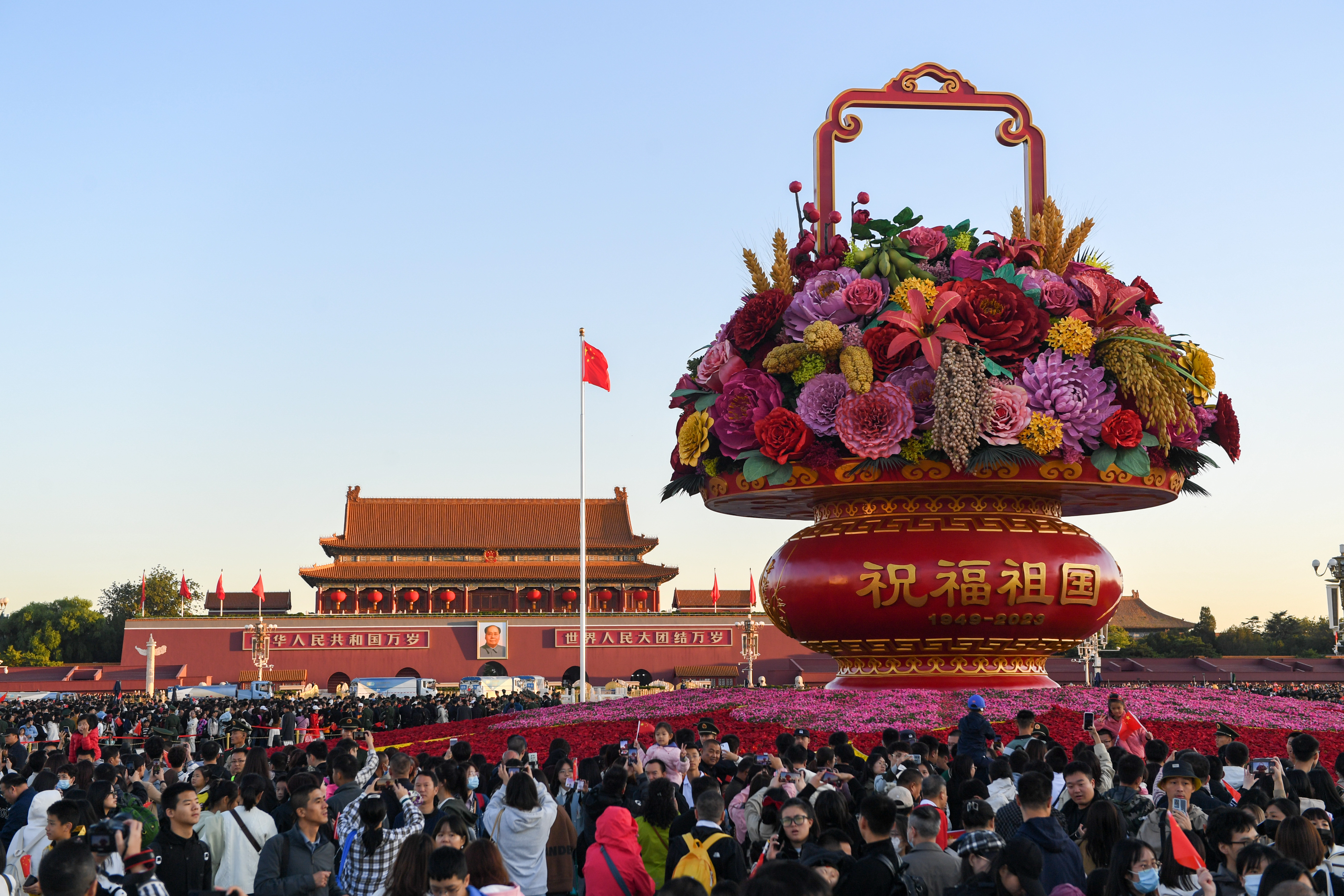Being a leader is amongst the most challenging roles that anyone can undertake. From leading a group of classmates in a school project to leading an entire company or even an entire industry, the tasks involved can be daunting. In becoming an effective leader, it might help to know what makes a good leader, the skills or qualities that a leader should have, and the challenges that may arise.
For this edition of The Young Post, Joe Liu Cheuk Yin (廖卓然), an entrepreneur who oversees the strategic planning and daily operations of a number of Macau enterprises, was recently interviewed by The Macau Post Daily via Zoom to get his insights on leadership.
Liu is the director of Transportes Urbanos de Macau S.A.R.L (Transmac), the founder and Director of MOME Ltd., the founder and Director of Macao Clever Catering Management Company Limited (mFood), as well as directing the launch of Macau’s first mobile payment system “MPay” in 2018. Liu was also the director of Macau Pass S.A (Macau Pass) from 2018-2022.
On leadership
On the topic of leadership, Liu told The Macau Post Daily that leadership does not just come naturally as just being “purely gifted”, pointing out that he thinks a good leader is someone who can “strike a balance between hard and soft [skills]”. Moreover, some skills that Liu underlined are having a clear mind, the ability to logically carry out tasks, and being “disciplined enough to make sure that all the problems that arise can be solved in a timely manner”. Leaders also need soft skills, Liu said, as “you also need your team to believe in you to create and motivate a good sense of accomplishment together”.
However, Liu said that he thinks the most important leadership skill is “people skills” as the ability to connect with a group of different people is necessary when working with them within the company or even with partners and clients. He further noted that leaders will come across “different characters” with different personalities.
“No matter who you deal with or who you talk to, you just need to find a way to connect, cos once you connect, then you can establish trust. Once you establish trust, then everything else flows. Everything else becomes productive,” he said.
The other qualities that Liu mentioned “come second” to building a connection with people, as other areas can be improved and worked on as a team. However, “if you cannot connect with other people, then there’s no team for you to work with and there’s no leader for you to be”.
Meanwhile, Liu also remarked on the importance of having an inspiration, saying that it is important as it can be akin to having a goal and drive within oneself. Liu, who said his inspiration comes from people around him, noting that it is often important regardless of how tired one might be or how challenging a problem is, “the inspiration is that soul that keeps you moving forward”.
On leadership challenges
When asked what he thought were the biggest challenges that leaders face, Liu answered that the challenges would always be managing different characters, adding that “it’s natural for different human characters to sometimes not get along”.
As an example, in a corporation, Liu said, “a clash of characters” or “internal political issues” such as power struggles or miscommunications and misunderstandings, can often be seen. He likened a leader’s role to fixing a puzzle, saying: “You have to dig down deep towards any unrest, understand the viewpoint from both sides and understand what was the issue causing that to start with”. Upon understanding this, leaders can become mediators to help resolve issues.
Elaborating on what he would do to resolve these challenges, Liu pointed out that he often takes a longer approach as he believes it is healthier in the long-run, preferring to sit everyone down and use more time to explain the situation in the hope of everyone understanding the “core value of each problem”.
Meanwhile, other challenges that leaders in some influential companies may face, Liu noted, could involve external issues: “Being a leader, you are not just leading your own team, but also eventually how you would like to influence or to represent your enterprise externally”. This can involve factors such as considering political or social issues, and can present added pressure to meet certain expectations. These are important to consider as, according to Liu, one just cannot face internal issues and only remain a leader within a team, but become “a leader within the industry, a leader within the peer group, and a leader within the city, eventually”.
Also speaking on how challenges have affected him as a leader, he remarked that he thinks there is a “positive effect” as challenges enable him to learn from them and use the experience obtained for when similar challenges occur again. By not being afraid of challenges and getting into the “deep end”, Liu said that it could help him in the future and, therefore, he always welcomes challenges.
Meanwhile, another aspect that leaders must take into consideration is criticism, Lui said that although it may not always be pleasant to hear criticism, it cannot be avoided.
There might be some unfriendly comments as well, with those who become successful having opponents who will try to harm or bring them down, according to Liu. However, it is important to just be confident about and comfortable with one’s own abilities, as well as distinguishing between constructive criticism and “completely disruptive” criticism, the latter of which should be ignored.
Giving examples of the challenges and criticisms he himself has gone through and overcome, he emphasised that “it’s up to you to explain yourself, to prove yourself over and over again to take these criticisms” and “turn them into praises one day”.
Advice on fear of failure
Offering his insights into the fear of failure, Liu said he thinks that everybody has to face a certain amount of it to eventually move up, adding that it is the same as an investment: “How much failure can you afford to take?”
When building a business, there will be mistakes along the way that can be counted as mini-failures which, according to Liu, are acceptable as they are “calculated mistakes”, which can be made and learnt from, as mistakes can be a reference of improvement.
However, Liu also said that special attention should be placed on “big failures”, which can result in losing everything. However, if one works hard enough, Liu emphasised, there will be no reason for those big failures if everything is done accordingly. Liu advised that if one always looks forward and stays positive, as well as doesn’t fear smaller mistakes, “eventually you will have a good foundation to drive something bigger”.



Undated file photos of Joe Liu Cheuk Yin provided by his team








